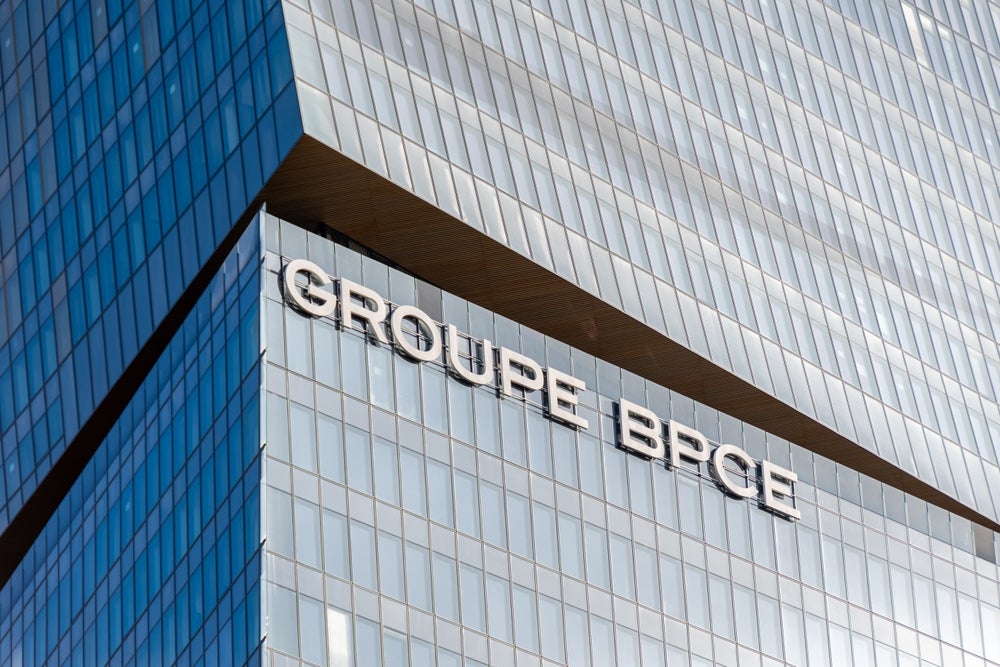
HMRC has published a list of Disclosure of Tax Avoidance Scheme numbers and taxpayers with open tax enquiries in respect of transactions which have been assigned these scheme numbers will receive an APN
HM Revenue & Customs (HMRC) has recently further increased its powers to deal with tax avoidance schemes and this could have an impact on a number of types of leasing transaction. The new rules allow HMRC to ask for up-front payment of disputed tax in certain circumstances while the dispute continues.
The new powers took effect from 17 July and enable HMRC to serve an "accelerated payment notice" (APN) on a taxpayer. An APN requires the taxpayer to pay HMRC’s estimate of the tax owed by that taxpayer within 90 days. APNs can be served in three main situations:
- First, where a transaction is substantially similar to an existing case that has been litigated in favour of HMRC (follower cases);
- Second, where a transaction that was disclosed under the disclosure of tax avoidance schemes (DOTAS) rules; and
- Third, where a transaction is issued with a counteraction notice under the new general anti-abuse rule.
In a leasing context, it was not uncommon for capital allowance-based leasing transactions to be disclosed under the Disclosure of Tax Avoidance Scheme (DOTAS) rules, because the DOTAS rules contain particular "hallmarks" relating to leasing that meant that, even where the strict requirements for a disclosure might not have been met, the lessor disclosed the transaction to HMRC to ensure there was no risk of it being in breach of its tax reporting obligations.
For example, sale and leaseback transactions would generally have been disclosed as a matter of course. Prior to the APN rules, there was no downside to making a protective disclosure.
Change of tack
How well do you really know your competitors?
Access the most comprehensive Company Profiles on the market, powered by GlobalData. Save hours of research. Gain competitive edge.

Thank you!
Your download email will arrive shortly
Not ready to buy yet? Download a free sample
We are confident about the unique quality of our Company Profiles. However, we want you to make the most beneficial decision for your business, so we offer a free sample that you can download by submitting the below form
By GlobalDataThis has now changed. HMRC has published a list of DOTAS scheme reference numbers and has indicated that taxpayers with open tax enquiries in respect of transactions which have been assigned these scheme numbers will receive an APN within the next 20 months.
It is understood that a number of leasing transactions are on the list.
Similarly, one might expect that a number of partnership leasing structures might fall into the follower case category, because of the developing case law in relation to these structures, if they are finally determined in favour of HMRC.
What should a taxpayer do if he receives an APN?
This will depend upon the exact nature of the transaction to which the notice relates. Although there is no right to appeal a notice, taxpayers have the opportunity to make representations to HMRC, and where a taxpayer has disclosed a transaction out of an abundance of caution or where HMRC’s estimate of the tax due is inappropriate, representations should be made.
It may also be possible in certain circumstances to challenge a notice through the courts by taking judicial review, although this requires prompt action and specific circumstances.
Taxpayers will also need to consider how the threat of an APN or receipt of such a notice will impact upon their negotiations with HMRC. For some taxpayers, it may be that the receipt of an APN will mark the end of the collaborative phase of negotiations and the beginning of the litigation process, particularly as there will be no incentive for HMRC to expedite litigation if it already has the money it expects to receive should it be successful.
Judy Harrison is senior associate at Norton Rose Fulbright, London







